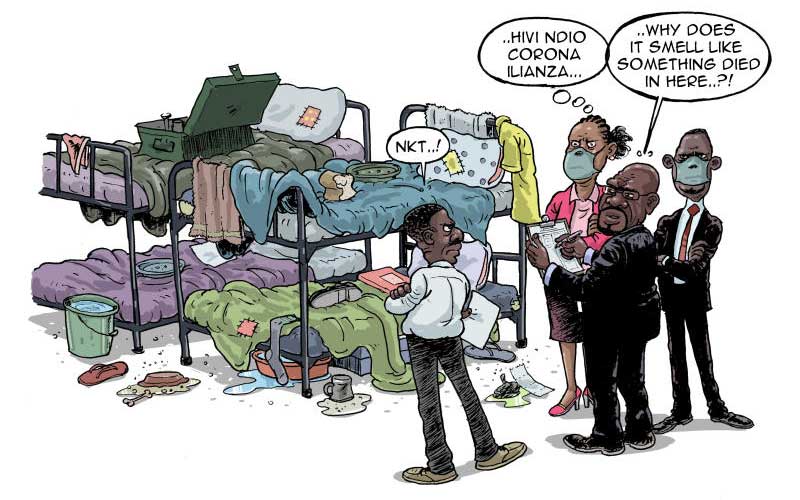×
The Standard e-Paper
Stay Informed, Even Offline

As Kenya gets ready to reopen schools after six months of closure, it is important to emphasise the critical role of self-discipline and accountability among individual students if we are to keep Covid-19 out of our learning institutions.
